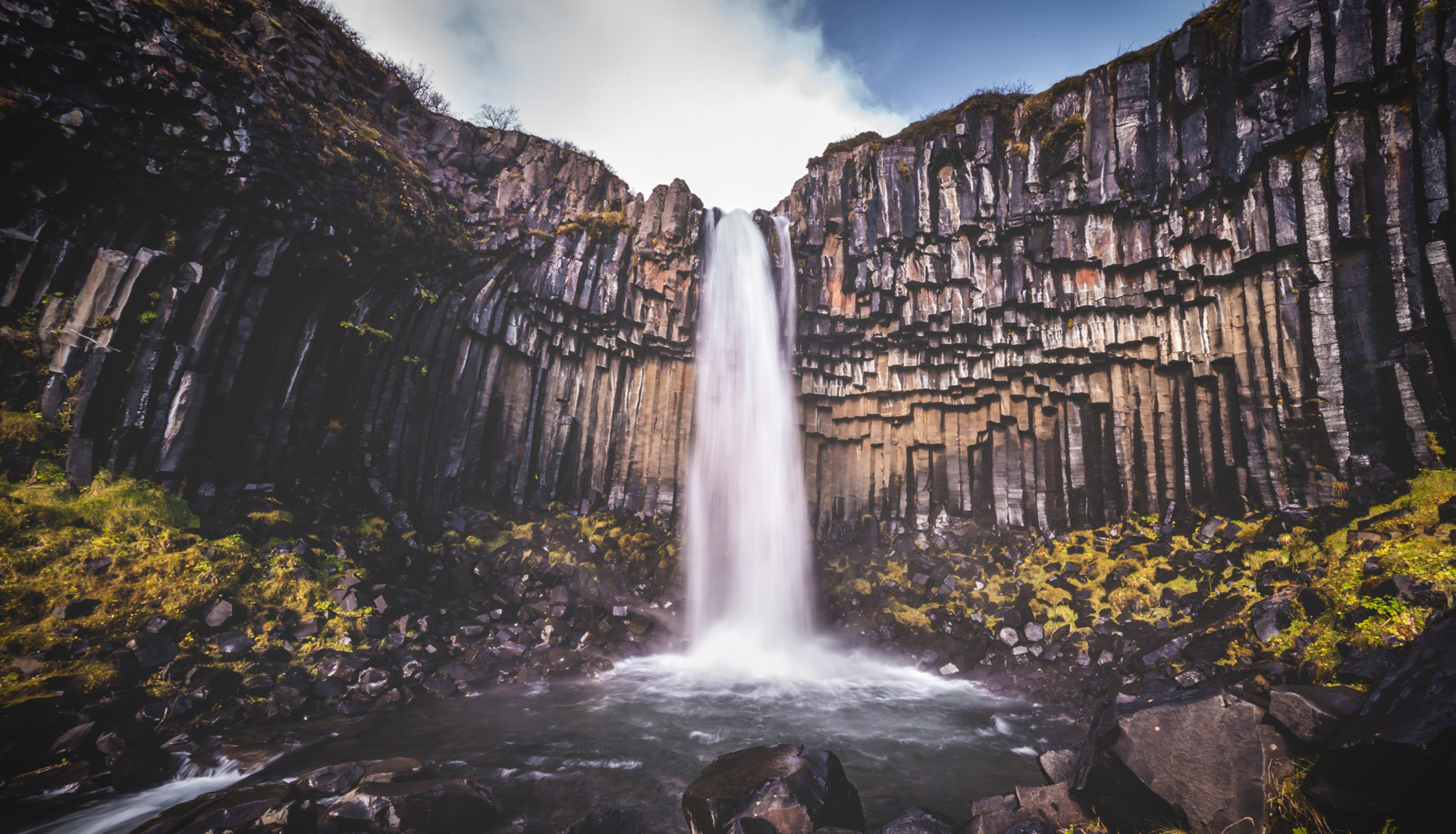History
Iceland has a rich and unique history rooted in Norse exploration and Viking settlers. The island was first settled by Norse farmers in the 9th century, with the establishment of the Althing, one of the world’s oldest parliaments, in 930 AD. Iceland came under Danish rule in the 18th century, and in 1944, it became an independent republic. The nation was heavily influenced by its geographical isolation, volcanic activity, and the harsh Nordic climate, shaping its unique culture and traditions. During World War II, Iceland was occupied by both British and American troops, cementing its strategic importance in the North Atlantic region. Today, Iceland is known for its vibrant democracy, its history of sagas, and its resilient, resourceful population.
Iceland’s early settlers established a strong cultural foundation, with sagas and ancient stories that continue to influence Icelandic identity. The union with Denmark and its eventual path to independence in 1944 set the stage for the modern nation that embraces both tradition and modernity.
Throughout its history, Iceland has prioritized governance and sustainability while maintaining strong cultural traditions linked to its Viking ancestry and Nordic influences.
Good to Know
Country
Visa Requirements
Language Spoken
Currency Used
Area (km2)
Geography
Iceland is a Nordic island nation located in the North Atlantic Ocean, situated between Greenland and the United Kingdom. The island features dramatic and varied landscapes, including glaciers, geysers, volcanoes, waterfalls, and hot springs. Its location on the divergent boundary of the North American and Eurasian tectonic plates gives it unique geothermal activity. The capital and largest city is Reykjavik, located on the southwestern coast. The country has a small population, with most people living along the coast due to its challenging, mountainous terrain. The Arctic Circle runs just north of the island, impacting its climate and seasonal daylight patterns, which include the Midnight Sun in summer and polar nights in winter.
Iceland’s diverse geography includes the massive Vatnajökull glacier, geothermal hotspots like the Golden Circle, volcanic landscapes like the Reykjanes Peninsula, and coastal fjords. These natural wonders make it one of the most visually unique countries in the world.
The climate in Iceland is subarctic and influenced by the Gulf Stream, with relatively mild winters and cool summers compared to other regions at similar latitudes. Its natural beauty—from glaciers to lava fields—has made it a must-see destination for travelers and explorers alike.
Culture
Iceland’s culture is deeply rooted in its Viking heritage, sagas, and Nordic traditions. The country has a vibrant artistic community, with literature, music, and visual arts playing a central role in its identity. Icelandic sagas, written in Old Norse, are an important part of its literary heritage and share stories of ancient heroes and Viking exploration. The nation is also renowned for its modern art scene, including contributions to music by artists like Björk and Sigur Rós. Iceland places a strong emphasis on storytelling, historical preservation, and folklore, with tales of elves and natural spirits being significant in Icelandic traditions. Cuisine is also a cornerstone of culture in Iceland, with dishes focusing on local ingredients like lamb, fish, and dairy.
Modern Iceland celebrates its rich literary history, arts, music, and natural beauty. Icelanders maintain a balance between preserving their ancient traditions and embracing innovation in contemporary art, music, and environmental stewardship.
Why You Should Visit
Iceland is one of the most breathtaking destinations in the world, offering a combination of natural wonders, vibrant culture, and modern Nordic living. Visitors can experience stunning landscapes like the Blue Lagoon, the Golden Circle, glaciers, and volcanic formations. Iceland offers opportunities for adventure, including glacier hiking, exploring geysers, and viewing the Northern Lights. Reykjavik, the charming capital, offers arts, history, and Nordic cuisine. Whether you’re a nature enthusiast, culture lover, or adventure seeker, Iceland offers unforgettable experiences for every type of traveler.

